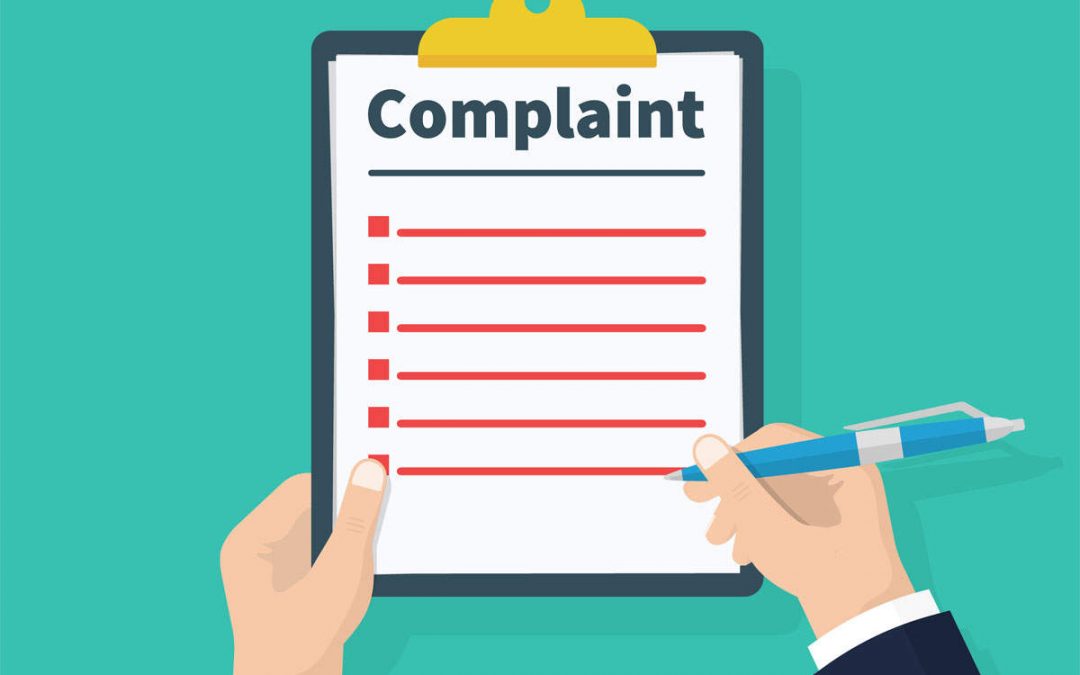Have you ever got to that point at work where you feel that ignoring a problem or issue is no longer an option? The best way at first is to try and resolve the matter informally first by discussing it with your line manager. Ask for a meeting with your supervisor or manager. Tell them before the meeting why you are requesting it, you don’t want to just hit them with it. It could be that by letting them know beforehand they might be able to know how to resolve it straight away during your meeting.
Be prepared and make notes to take to the meeting, so you know you haven’t missed anything out or not asked any vital questions. That way at the end of the meeting you know everything has been covered. It also a good idea to take notes during your meeting, especially those in response to the questions you have asked.
If, after this meeting you feel they did not take appropriate action or failed to sort the problem out. Then maybe the next appropriate action is raising a grievance (complaint).
Make sure you consult your company handbook/intranet or trade union representative if you’re a member of a union, then follow the procedures in place.
It’s a good idea to know your employee rights and the rights of your employer. This will also provide you with correct department or person(s) to address your grievance to:
- You need to set out the facts clearly of your complaint whilst being courteous, for the person dealing with your grievance to understand the content
- Include specific details, exact dates and times of the incident if possible
- Include the names of the people involved and names of any witnesses who can provide statements
- Also mention any informal meetings or steps taken prior to raising the complaint and that the complaint has not been resolved or the agreed action has failed or not been put into place
- Refer to any supporting documents or evidence and supply if requested
- Always sign and date your letter/documents
It can be very emotional and stressful when raising a grievance of any nature and difficult to control your anger at times, which is understandable. Try not to mention inflammatory words like ‘tribunal’ or ‘compensation’. Remember it is always best to stay calm, polite and professional as your intention is to remain in employment. Healthy work relationships are essential at work and your employer will try to keep it that way.
Making a formal complaint and could stay on your permanent work file. Seeking advice beforehand is always the best option. So, if you’re not sure about either going ahead with raising a grievance or composing a letter, there are plenty of helpful websites that offer guidance. You could also contact Citizens Advice Bureau or your trade union.
So, what’s this got to do with The Wage Shop?
Our great advice is just part of the easy and flexible service available to you. By joining The Wage Shop, we make sure you’re paid on time and take care of all your Tax and National Insurance contributions, leaving you to focus on the other important things.
Take a look at our website to see the service we can offer or contact us for more information.

